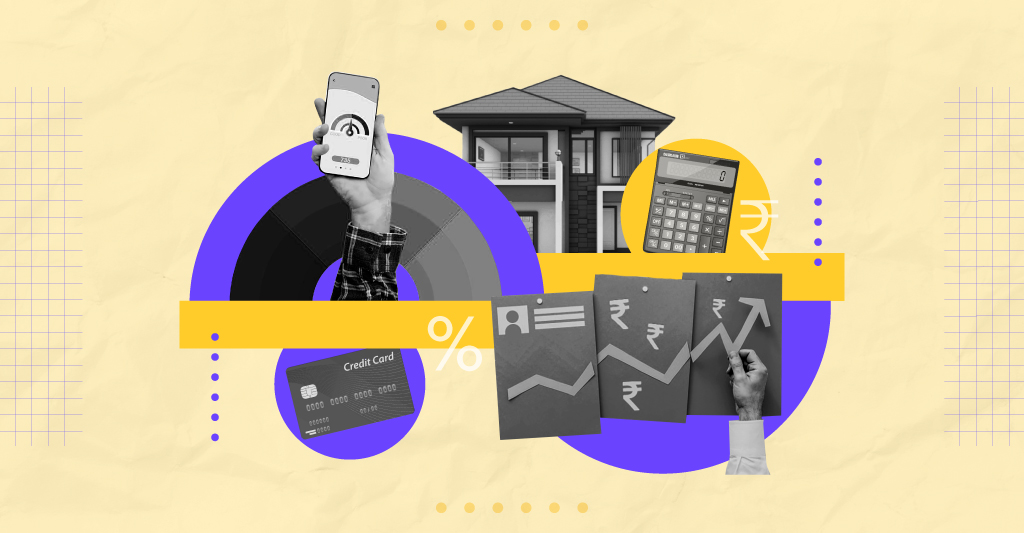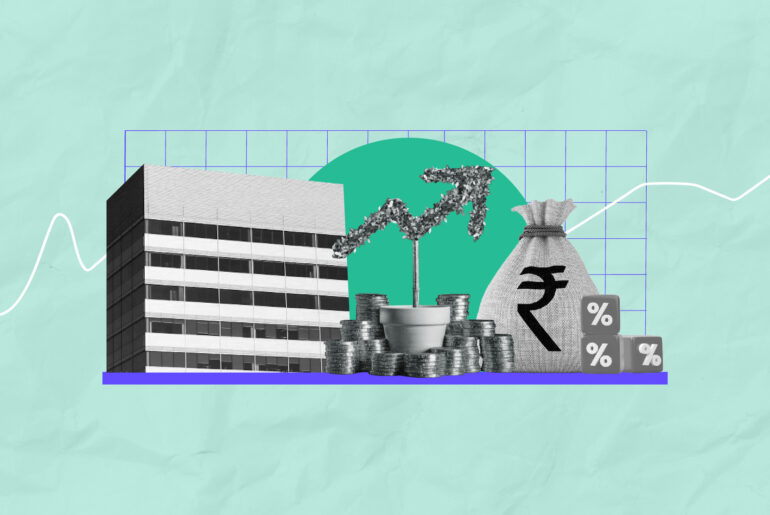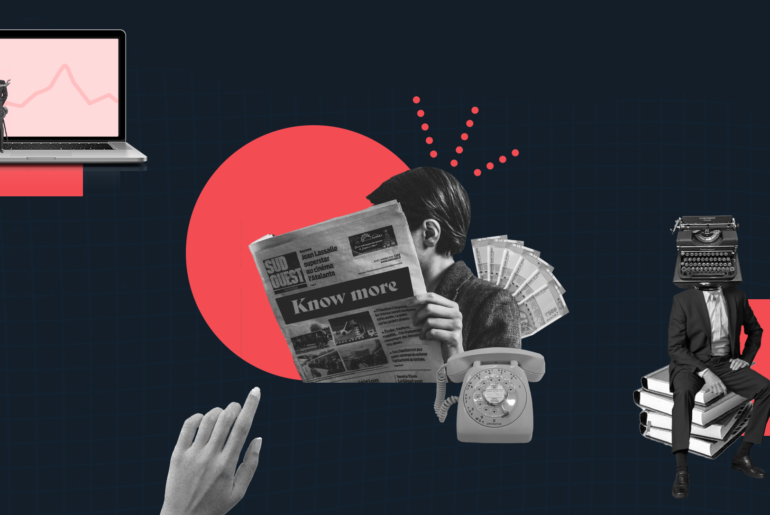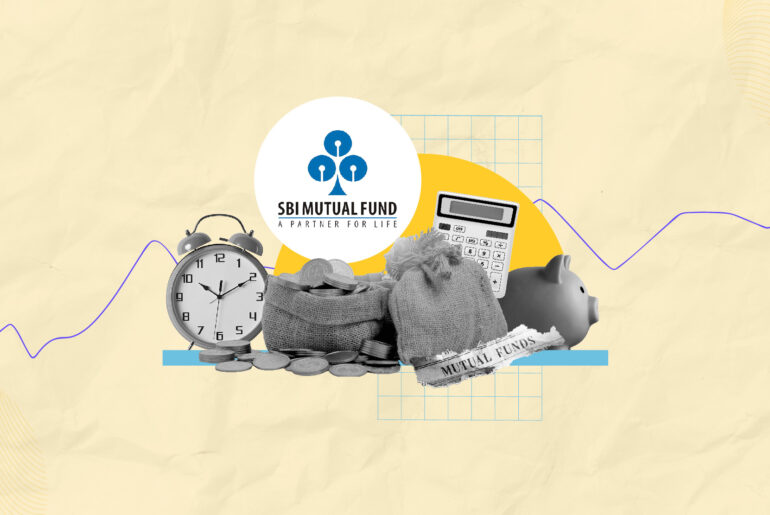Last Updated on May 24, 2022 by Anjali Chourasiya
A credit score plays an important role in a lender’s decision to extend credit, which helps in getting your loans sanctioned. There are good and bad credit scores. Maintaining a good credit score is vital to give an overall financial picture. They also get your loans approved fast. On the contrary, a bad credit score can have your loan request denied. And this may also lead to a higher interest rate even if you get the loan approved.
Each has a particular range assigned to them, although this varies from bank to bank. The score ranges from 300 to 900. Depending on the number, it can be good or bad. Here’s a look:
- 300 to 500 – Bad
- 550 to 650- Average
- 650 to 750 – Good
- 750 to 900 – Excellent
Authorized credit bureaus like TransUnion CIBIL, Equifax, and others calculate your credit score. They prepare your credit report that lenders check before they sanction a loan.
Table of Contents
What is a credit report?
A credit report is a report which contains your credit history, such as the details of the credit that you took, its repayment history, and any defaults. The lenders use the credit reports to decide whether to extend your credit along with the terms. This report may also be used by employers or landlords before offering you a job or a lease. All in all, your credit score is determined using the information from the credit report.
Can the report contain mistakes?
Credit agencies prepare your report based on the information collected from lenders. So, yes, credit reports could have errors. And the errors might occur either when disseminating information or when preparing the report. Errors in your credit reports can lower your credit score, which could cost you your money.
You can request your credit report to review your information. And if you happen to find errors, you can raise a dispute to the credit reporting company and the company that provided the incorrect information to get it rectified.
Common errors in the credit report
Here are some errors which might reflect on your credit report:
a. Personal details
Some of the commonly found errors are the incorrect spelling of your name, incorrect middle name or initial, incorrect age, wrong address or phone number, and so on. Moreover, there might be a case of mixed identity if someone else shares your name, and their details are reflected in your report.
b. Credit-related details
There might be errors regarding the credit that you might or might not have availed. A few frequent errors include:
- No entry of a new credit card or loan account
- Entry of a closed loan or credit card account
- Wrong EMI payment date
- Entry of default when there is none from your end
- Duplicate listing
- Missing payment record
These details can impact your credit score, especially if any red flag is recorded by mistake.
c. Balance-related details
Errors in your credit report like incorrect account balances and inaccurate credit limits can affect your score. And if your credit limit is under-recorded or your outstanding balances inflated, they could also hamper your credit score.
Rectification of errors
To err is human, or rather, to err is common, but you can always rectify it. Incorrect entries in the credit report might prove detrimental to your credit health. Your credit score might suffer, especially if the error causes an unfavourable impact on it.
For example, say your credit limit is Rs. 1,00,000, but it is recorded as Rs. 10,000 in your report. It is an error that would increase your credit utilisation ratio and reduce your credit score, a possibility you should rather avoid.
Thankfully, credit bureaus allow rectification of your credit report if any errors are found. You can fill up and submit a dispute form stating the errors detected. The credit agency would verify the errors and then rectify your credit report, giving you the correct picture of your credit score. This, in turn, allows you to avail loans easily.
Conclusion
Check your credit report at least once a year; if possible once half-yearly. It gives you an opportunity to look at your credit details and point out any inconsistencies that might affect your credit score. When you check your credit report, you can also take corrective measures to build up your score if it is low. So, keep an eye out.
Hey before you go, we’ve got something special for you! On the occasion of Diwali 2021, we are gifting you a free Tickertape Pro upgrade. It’s #dimaaglaganekamuhurat! All you have to do is just sign up on Tickertape and avail the offer. Go on, claim your free account now!
- Top Large Cap Funds (2025): Best Blue Chip Mutual Funds - Apr 15, 2025
- List of Best Index Funds in India 2025 - Apr 15, 2025
- List of High Beta Stocks in India: Volatile Shares on NSE - Apr 11, 2025




